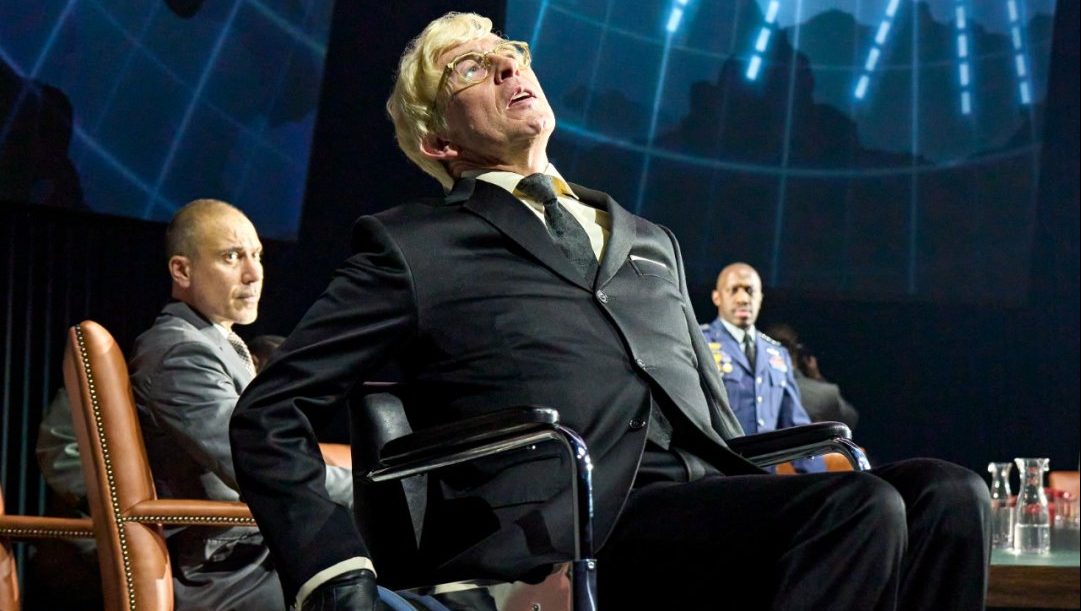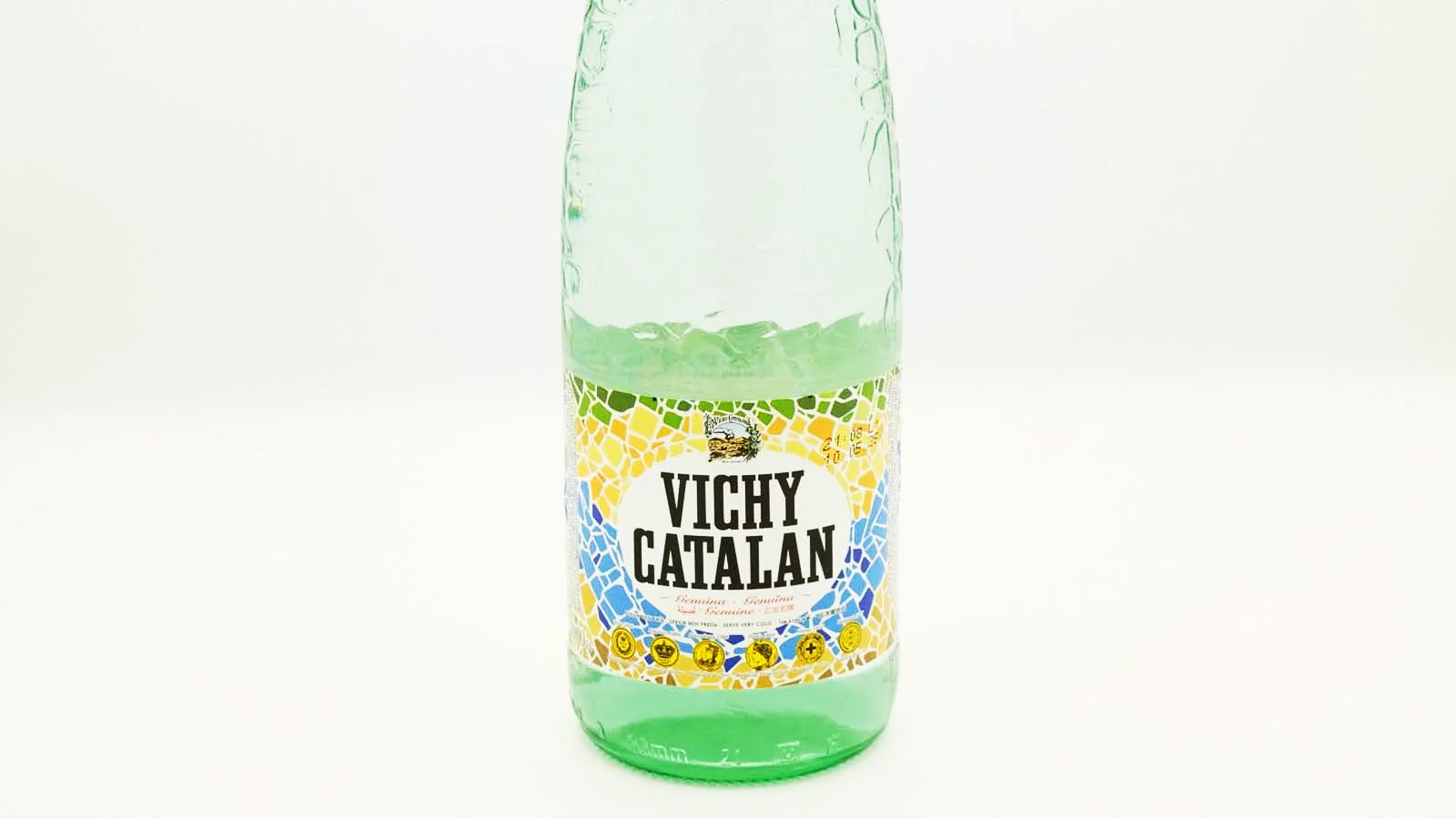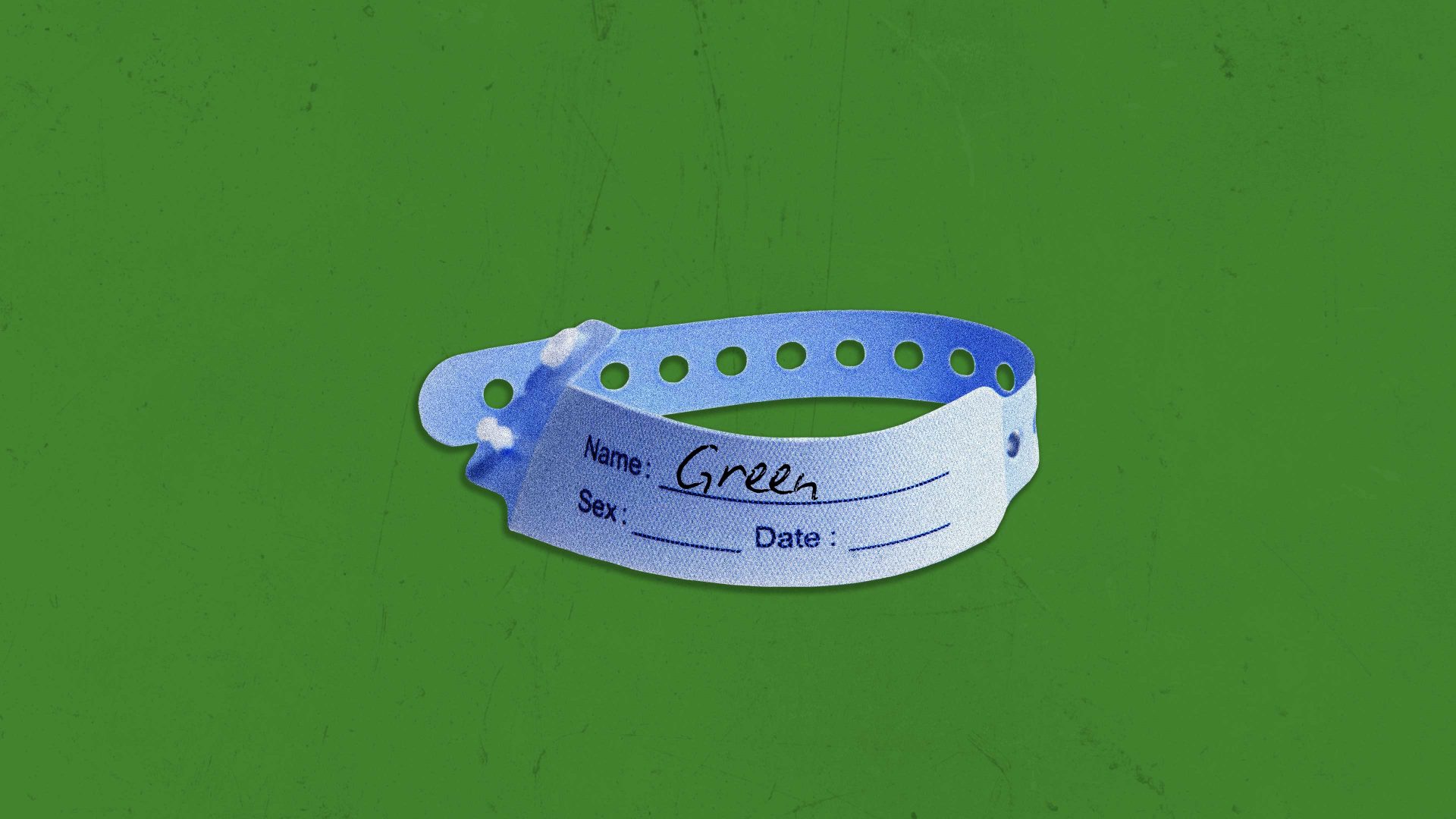Pick of the week
Dr. Strangelove (Noël Coward Theatre, London, booking until January 25)
As Robert P Kolker and Nathan Abrams recount in their fine book on Stanley Kubrick, published earlier this year, the director was so alarmed by the prospect of nuclear war in the early 1960s that he decided to buy an island for his family in the Pacific, or, failing that, to move to Australia – only to ditch the idea when he discovered that he would have to share a sink on the passage over.
It is this spirit of dark bathos that inspired him to make a satirical movie about nuclear war; and now, 60 years later, Dr. Strangelove has been adapted for the stage by Armando Iannucci and Sean Foley. In Steve Coogan, they have cast the only person who could really assume the mantle of Peter Sellers – playing Captain Lionel Mandrake, an RAF officer at Burpelson Air Force Base; US president Merkin Muffley; and the wheelchair-bound former Nazi scientist, Dr Strangelove himself. Coogan also takes on the role of Major TJ “King” Kong, commander of a rogue nuclear-armed B-52 – a part Sellers was originally slated to play but was taken over by Slim Pickens after the star sustained an ankle injury.
One of the production’s greatest strengths is that it is not a theatrical carbon copy of a cinematic classic. This much is clear from the very entertaining first moments, as the whole cast performs “Try a Little Tenderness”, with a little light choreography to get the audience in the mood. Then it’s off to Burpelson where the deranged US general Jack D Ripper (John Hopkins) has, to Mandrake’s horror, put the base on lockdown and despatched a squadron of bombers to attack the Soviet Union.
In the Pentagon War Room, Muffley is confronted with a geopolitical crisis as absurd as it is terrifying: how to stop a maniac from ending the world, and what to do about the Russian Doomsday Machine, set to detonate automatically should any nuclear attack be made on the USSR.
Coogan is excellent in all his roles, and impressively energetic in all the rapid costume changes that the action requires (this being a play, Muffley and Strangelove cannot appear on stage at the same time).
The design of the war room and (especially) Kong’s B-52 is wonderfully imaginative, and it is a tribute to Iannucci and Foley that no previous knowledge of the movie is required to relish the play as a dark, funny and thought-provoking experience.
Kubrick enthusiasts will be delighted to know that Vera Lynn features in a way that I will not disclose. A must-see entertainment that recalls the insanities of the cold war; but also, alas, feels all too topical.
Streaming
The Diplomat, season two (Netflix, October 31)
A welcome return for Debora Cahn’s superior political thriller, the first season of which ended with US ambassador Kate Wyler (Keri Russell) desperate to find out if her husband Hal (Rufus Sewell) and deputy chief of mission Stuart Hayford (Ato Essandoh) had survived a car bomb in London.
I wouldn’t dream of spoiling what happens in the six-episode second season, except to say that the possibility of Scottish independence is, unexpectedly, at heart of the dark geopolitical manoeuvring; that Rory Kinnear is back as the splendidly splenetic prime minister, Nicol Trowbridge, as is David Gyasi as his arch-rival and Kate’s potential love interest, foreign secretary Austin Dennison; and that – a full quarter century since she first played CJ Cregg in The West Wing – the magnificent Allison Janney returns to frontline US politics as vice president Grace Penn.
Will Kate replace her in the White House, as foreshadowed in season one? Is Trowbridge always angry? And who was really behind the lethal attack in the Persian Gulf on a British aircraft carrier that set the whole plot in motion? It’s gripping stuff – already renewed for a thoroughly merited third season.
Book
Karla’s Choice, by Nick Harkaway (Viking)
It is 1963, and George Smiley, retired after the terrible operation in Berlin with which The Spy Who Came in from the Cold concluded and finally enjoying his marriage to Lady Ann Sercomb, is recalled to the Circus by his former boss Control to take on one last case.
A Hungarian literary agent, Laszlo Banati – actually a Soviet agent under deep cover in London – has gone missing, and his prospective assassin, Miki Bortnik, sent by Moscow Centre’s notorious 13th Directorate, has turned himself in to the British, claiming an attack of religious scruple.
I will admit that, like many longtime admirers of John le Carré, I approached this continuation of the Smiley saga by his son Nick Harkaway with some trepidation. As the author writes in his preface, le Carré “wasn’t building a franchise”.
But Harkaway is a well-regarded writer in his own right, and Karla’s Choice, as it turns out, is a terrific book: a spy thriller that, in the best traditions of le Carré’s work, uses the secret world as a stage upon which to explore the human condition.
Familiar characters such as Peter Guillam, Bill Haydon, Connie Sachs, Jim Prideaux and Toby Esterhase are back, as are the odious British double agent at the top of the Stasi, Hans-Dieter Mundt – and Smiley’s greatest foe, the enigmatic, ascetic Soviet spymaster, Karla.
Harkaway’s prose, like his father’s, is pleasingly spare, but dappled with striking turns of phrase: Smiley wakes “just after seven with the shame that is felt only by those who work too hard”; Control “stood like an old man, as if he had carried too many things in a long unsatisfactory life”.
The elegance of the writing, as much as the plot, carries the reader through the twists and turns of the tale – and left me hoping that Harkaway persists with this audacious literary project.
Film
The Room Next Door (Selected cinemas)
Pedro Almodóvar’s first English-language feature, which won the Golden Lion at this year’s Venice film festival, brings together Tilda Swinton as Martha, a New York Times war correspondent dying of cancer, and Julianne Moore as her old friend Ingrid, a bestselling author who, serendipitously, has just published a book about death.
With such acting firepower, it is no surprise that the movie is as absorbing as it is – all the more so, as it addresses the (highly topical) question of assisted dying. After sourcing a euthanasia pill on the dark web, Martha asks Ingrid to accompany her from New York to a rented home in the forest near Woodstock, where she will enjoy a final few days and then take her life. The plan is for Ingrid to keep her company but – for her own legal protection – to be in another room when Martha takes the lethal dose. “I think that I deserve a good death,” she says.
The film is rich in literary reference: to Faulkner, Hemingway, Strachey and Joyce, whose short story “The Dead”, and especially its final lines, recur throughout the movie like a leitmotif. The two women also watch John Huston’s 1987 adaptation of the tale, as well as (for light relief) Buster Keaton’s Seven Chances (1925).
The film pays explicit homage to the paintings of Edward Hopper and, in its aesthetic of bold primary colours, to Almodóvar’s hero Douglas Sirk. John Turturro contributes a fine cameo as Damian, a former lover of both women, who has become, by his own admission, monomaniacal about ecological catastrophe. The Room Next Door is an accomplished chamber piece that addresses a very serious theme with an exquisitely light touch.
Book
Patriot, by Alexei Navalny (The Bodley Head)
I was lucky enough to be at the Southbank Centre last Wednesday to hear Alexei Navalny’s widow Yulia being interviewed by Emily Maitlis – their conversation enriched by readings from this remarkable memoir by the actresses Harriet Walter and Julia Stevenson.
The great Russian dissident and anti-corruption campaigner was only 47 when he died in February at the IK-3 high-security Polar Wolf prison in the Arctic Circle (poisoned, according to the most recent evidence) and had initially hoped to postpone the writing of his autobiography until old age. But when the FSB first poisoned him with a Novichok nerve agent in August 2020 – very nearly killing him – he realised that time might not be on his side; especially as, once recovered, he fully intended to return to Russia, where arrest and imprisonment did indeed await him.
Patriot is funny, mischievous and full of humanity as well as political argument. Navalny was interested in everyone and everything, from the power of TikTok to the power of religion. His courage, defiance and optimism contrast shamefully with the West’s lazy appeasement of Vladimir Putin.
The final 200 pages of the book consist of prison diaries, the last entry dated January 17 of this year. On June 19, 2023, he wrote that his latest trial, held in closed session in a maximum-security prison, reflected “the new sincerity. They are now saying openly. We are afraid of you. We are afraid of what you will say. We are afraid of the truth”.
In this, and many other respects, Patriot is an inspiring and essential book.




